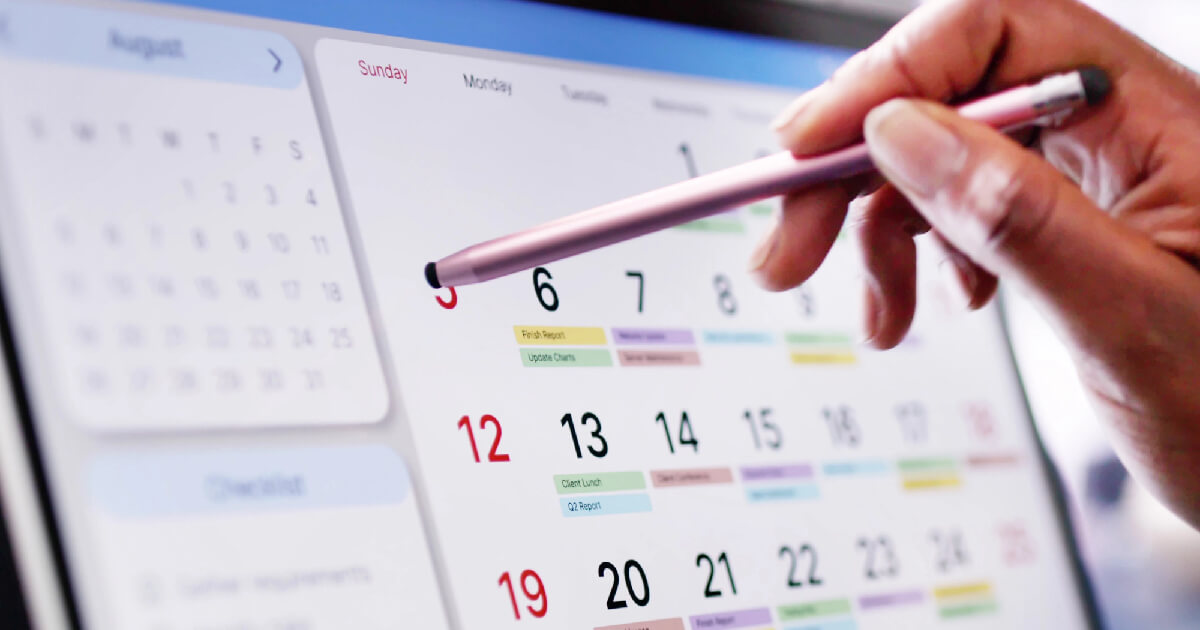Recovery from addiction or mental health challenges can be a tumultuous journey. One crucial yet often overlooked tool in the recovery process is establishing and maintaining a consistent daily routine. Far from being restrictive, routines can offer comfort, structure, and a supportive framework that allows individuals to focus on healing and growth.
Here at Pura Vida Recovery, we help our clients establish consistent routines that provide structure during their recoveries. Let’s learn more about the importance of having a predictable schedule and how it can support your recovery.
Creates Structure and Stability
A regular schedule helps replace the chaos of uncertainty with order. During recovery, this sense of order can be incredibly grounding and reassuring. Knowing what to expect at key points in the day—mealtime, exercise, therapy sessions—reduces anxiety and frees up mental energy. Instead of constantly worrying about the unknown, you can redirect that energy toward practicing coping skills, engaging in therapy, or exploring healthy habits.
Boosts Self-Confidence and Motivation
Every time you follow through on your routine—waking up at the same time, attending meetings, or allocating time for self-reflection—you reinforce a sense of achievement. Repetitive success, however small, has a powerful cumulative effect on self-esteem. With each completed step, your belief in your ability to stick to positive habits grows. Over time, this bolstered confidence becomes a strong motivational force, helping you navigate challenges more effectively.
Reduces Stress and Anxiety
Unpredictability can be particularly triggering for people in recovery. Whether you’re dealing with cravings, mood swings, or negative thought patterns, a reliable set of daily tasks can ease stress. By minimizing uncertainty—knowing when you’ll eat, sleep, or attend therapy—you reduce the likelihood of feeling overwhelmed. This steady rhythm helps the mind and body relax, making it easier to manage triggers and avoid unhealthy coping mechanisms.
Encourages Mindful Living
When you integrate activities like journaling, meditation, or mindful movement into your daily regimen, you create intentional moments of self-reflection. This mindfulness helps you stay present, process emotions more effectively, and recognize patterns—like early warning signs of relapse or rising anxiety levels—before they spiral. Through consistent practice, you learn to respond thoughtfully rather than react impulsively to life’s challenges.
Enhances Overall Well-Being
A stable routine often includes health-promoting behaviors:
- Regular Sleep Schedule: Prioritizing consistent bedtimes and wake times improves sleep quality, mood stability, and cognitive function.
- Balanced Nutrition: Planning meal times ensures that you’re fueling your body with the right nutrients, which supports both physical and mental health.
- Physical Activity: Scheduling exercise—even gentle movement like walking or yoga—releases endorphins, aiding in stress reduction and mood elevation.
When your body and mind are well-cared-for, you’re more resilient in the face of recovery’s challenges.
Builds Accountability and Discipline
Recovery often involves working closely with counselors, sponsors, or support groups. A routine that includes regular check-ins or group meetings fosters a sense of accountability. It’s easier to stay on track and honor commitments when you have a predictable schedule. Over time, routine-based discipline spills over into other areas of life, making it simpler to set and achieve personal goals—whether related to work, relationships, or personal interests.
Provides a Sense of Purpose
In many forms of recovery, feelings of aimlessness or boredom can lead to negative thinking or relapse. Having a routine creates purposeful action throughout the day. Even small tasks—like making your bed in the morning or planning a nutritious dinner—give a sense of direction and achievement. Over time, these seemingly minor wins build momentum, reminding you that every positive choice contributes to long-term success.
Fosters Healthy Boundaries and Balance
A well-planned routine helps you allocate time for work or school, personal hobbies, social connections, and relaxation. When you consciously schedule these activities, you’re less likely to overcommit or burn out. Establishing boundaries—like not working late every night or prioritizing self-care—prevents stress from escalating and protects your emotional well-being.
Cultivates Long-Term Habit Change
Recovery is a marathon, not a sprint. By embracing a consistent routine, you’re transforming supportive actions into deeply ingrained habits. Instead of relying on willpower alone, routines build automatic behaviors that support sustained progress. Over time, practicing these positive habits becomes second nature, reducing the risk of relapse and paving the way for a healthier, more stable lifestyle.
Final Thoughts
Creating a consistent daily routine is one of the most powerful yet accessible tools on the path to recovery. It brings structure to chaos, helps manage stress, strengthens self-discipline, and nurtures overall well-being. Whether you’re just beginning your journey or are well on your way, embracing routine as a pillar of your recovery can help you stay focused, motivated, and empowered.
Pura Vida Recovery provides treatment services for mental health and substance use disorders. We help our clients rebuild their lives, and establishing a consistent and healthy routine is one of the ways we accomplish this. To learn more about our services and our comprehensive approach to recovery, contact us today at 707-879-8432.





